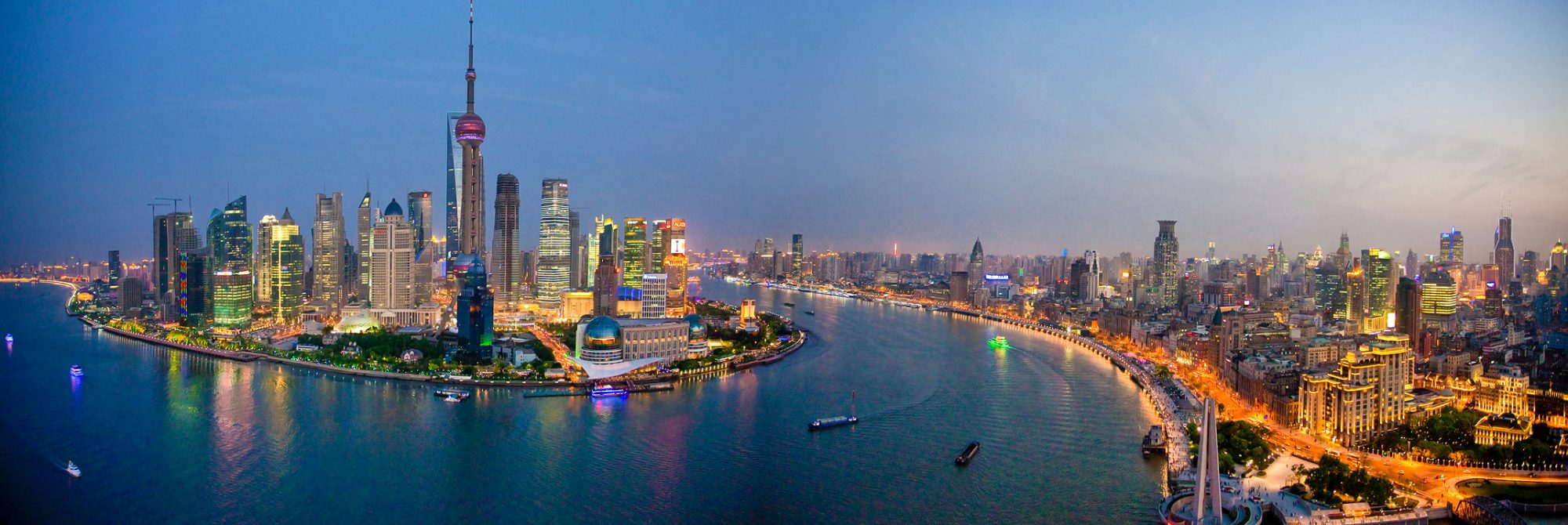JAKARTA, Indonesia—Faced with the growing appetite of a rising middle class, Indonesia is amending its latest effort at economic nationalism—a struggling project to beef up its beef industry—and opening the door wider to imports.
The loosening of restrictions, expected to take full effect in the coming months, should benefit ranchers in such countries as Brazil that are currently shut out of one of the world’s largest markets.
Self-sufficiency remains a goal. Last week, the government said it also would scrap a quota system for live cattle as long as importers commit to put aside one breeding animal for every five destined for slaughter.
The aim is to help expand the domestic farming and feedlot industries. But the plan also reflects the pressure Indonesia’s penchant for protecting sectors from clove growers to smartphonesis under from its own expanding consumer class, amid complaints here about perpetually high prices.
 ENLARGE
ENLARGEPostcolonial presidents dating back to the first,Sukarno, have paid homage to the belief that this Southeast Asian nation of some 250 million people sprawled across 18,000 islands should work toward self-sufficiency, especially for staple foods such as rice.
During his 10-year term, President Susilo Bambang Yudhoyono sought to develop a Connecticut-sized tract on the remote province of Papua to grow rice, sugar cane and soybeans.
His successor, President Joko Widodo, said during his 2014 campaign that beef self-sufficiency could be achieved in five to six years. But the goal ran into problems with availability of suitable land and a decreasing number of farmers, said the head of the Food Security Agency, Gardjita Budi.
Mr. Widodo revised his prediction recently to nine or 10 years. He gave initial approval to loosening the import restrictions in March.
“In 10 years, we can say that we can reduce our dependency” on imported beef, said Juan Permata Adoe, vice chairman for food processing, livestock and dairy at the Indonesian Chamber of Commerce and Industry. “But to be self-sufficient, 100% produce our own without importing, that is impossible.”
Although 40% of the population lives on less than $3 a day, a growing economy over the past 15 years has led to a middle class of some 100 million people able to spend on motorcycles, cars and discretionary goods, including more and better food.
Beef remains a luxury item compared with cheaper, more popular meats such as chicken. But per-capita consumption has grown about 14% since 2013, according to the Agriculture Ministry, defying the recent dip in Indonesia’s economic growth due to plunging global commodity prices.
This year, the ministry projects beef consumption of 2.61 kilograms (5.75 pounds) per person. That is small by U.S. standards; Americans ate around 75 pounds of beef per capita last year. But Indonesia expects the trend to continue.
“The more prosperous people are, the more they will seek protein, not just carbohydrates, including from beef,” said Syukur Iwantoro,senior adviser to the agriculture minister for investment.
Imports of beef and live cattle currently cover about 30% of Indonesia’s needs, according to the ministry. They have been limited to six countries including neighboring Australia, which dominates the market, and the U.S.
To increase competition, Indonesia intends to allow sourcing from at least a dozen more countries such as Argentina, Brazil and Uruguay, the ministry said.
“Now we are opening alternatives from other countries too, so that we don’t depend on one, two countries,” Trade Minister Enggartiasto Lukita said.
Mr. Iwantoro said that the government also is working with farmers to encourage them to cooperate and is planning incentives and credits to increase the scale of cattle operations.
Indonesia has about 3.4 million hectares (8.4 million acres) that could be used for cattle farming, according to the agriculture ministry. About 75% would be on palm-oil plantations, if the two industries integrate as the government expects.
Looser restrictions on live cattle would help exporters as it provides more certainty for investing in operations, said Michael Whitehead, an agribusiness expert at Australia New Zealand Bank in Melbourne.
He noted that the increased competition could put pressure on Australia’s market share, but said it would depend somewhat on consumer preferences.
Under the new rules, thousands of tons of buffalo meat from India were imported into Indonesia ahead of last month’s Eid al-Adha holiday, the Muslim day of sacrifice when hundreds of thousands of animals are killed and the meat shared among the poor. But many consumers turned up their noses at the Indian buffalo, complaining it was tough.
http://www.wsj.com/articles/hunger-for-beef-gnaws-at-indonesias-economic-nationalism-1475522748
